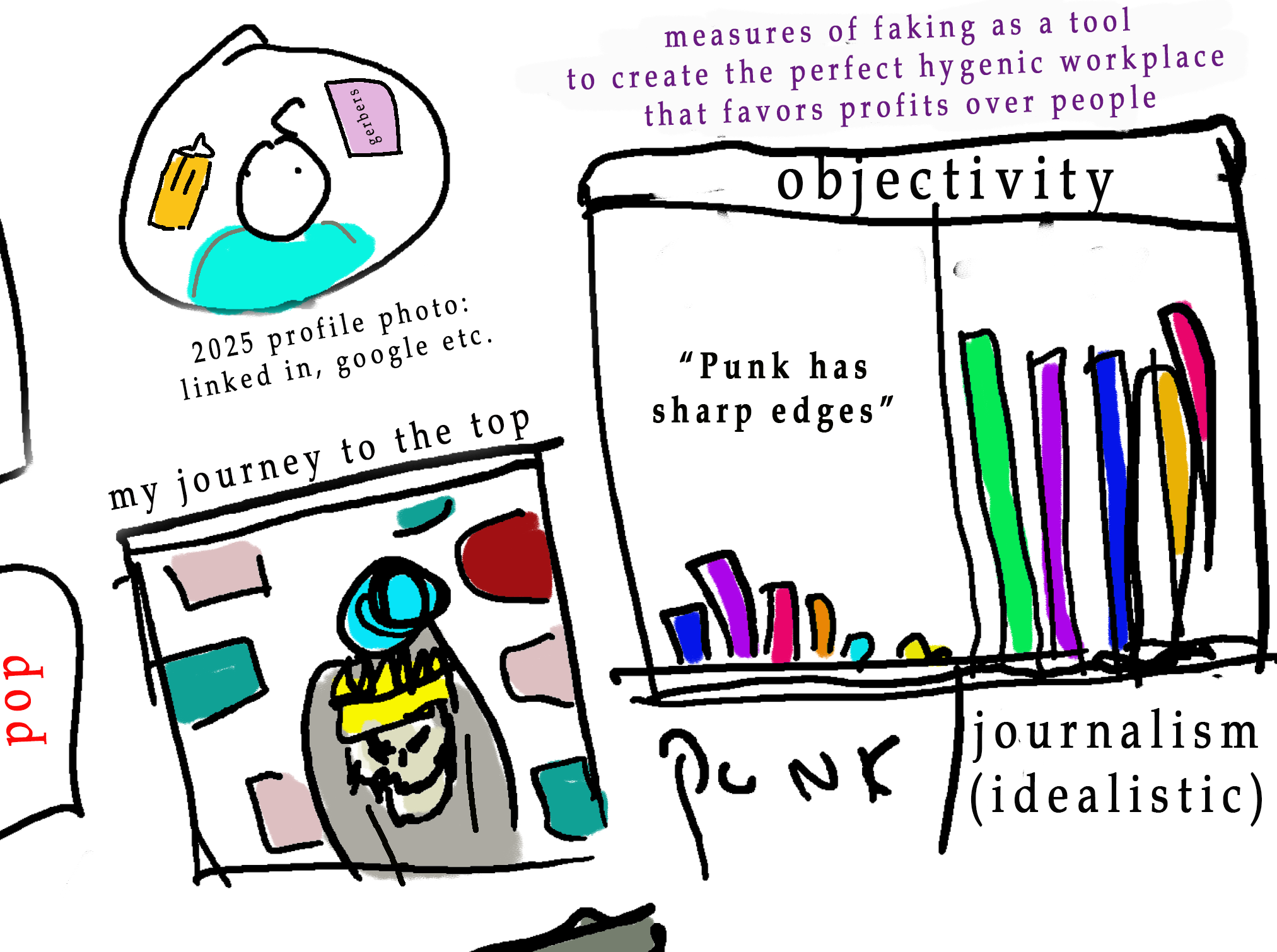By Keith Walsh
Punk rock music started out as an opportunity for disenfranchised young people to explore their emotions. As an effective channel for personal expression, with a low bar of entry (it’s not that difficult to learn to play a few noisy chords on electric guitar), and understanding the value of catharsis to youth, leaders looked the other way, even when faced with offensive lyrics. As it grew out of urban centers in England and the U.S, a culture of fashion and a vocabulary of dissent developed with it.
Punk rock could also be fun, as demonstrated by The Ramones or Green Day. Appealing to the most primal emotions was kind of a lowest common denominator with the risk of becoming a parody of oneself. The Clash in particular rose above all of this, with smart lyrics and musicianship. The Sex Pistols had the ‘it’ factor, revolutionaries both smart and stupid at the same time.
The California scene of the late 70s and early 80s was a reaction to the hypocrisy experienced by young people growing up surrounded by affluence and families troubled by poor communication. Bands like The Vandals, Social Distortion, Black Flag, and The Descendents capitalized on their anger, using distorted guitars to amplify their inner voices.
The club life offered too many opportunities to subdue their unresolved anxiety with alcohol and other substances. But names are enduring. These bands still have presences today in various forms. Henry Rollins in particular, after leaving Black Flag, recognized his value as a positive role model and teacher. Others were not so well positioned, but the ones that endured are those who transcended the mere raw emotions of their origins.
It’s a good thing too. There’s nothing more distasteful to me than senior artists, mostly men, peddling trashy, classless songs. Particularly when these artists present themselves as educated and wise. On punkrockbeat.com I shared mostly aspirational artists, those with something smart or encouraging to say. This is not to say I was promoting the Thomas Kinkades of punk rock: presenting optimism or creativity does not in any way preclude experimentation or sounds that are exciting and new. Nor does positivity exclude lyrics that are edgy and boundary breaking.
In giving some voice to these artists, I operated on the principle of open mindedness, hoping that exposure might lead to mediation of cultural forces. After all, I was learning too.
finis
